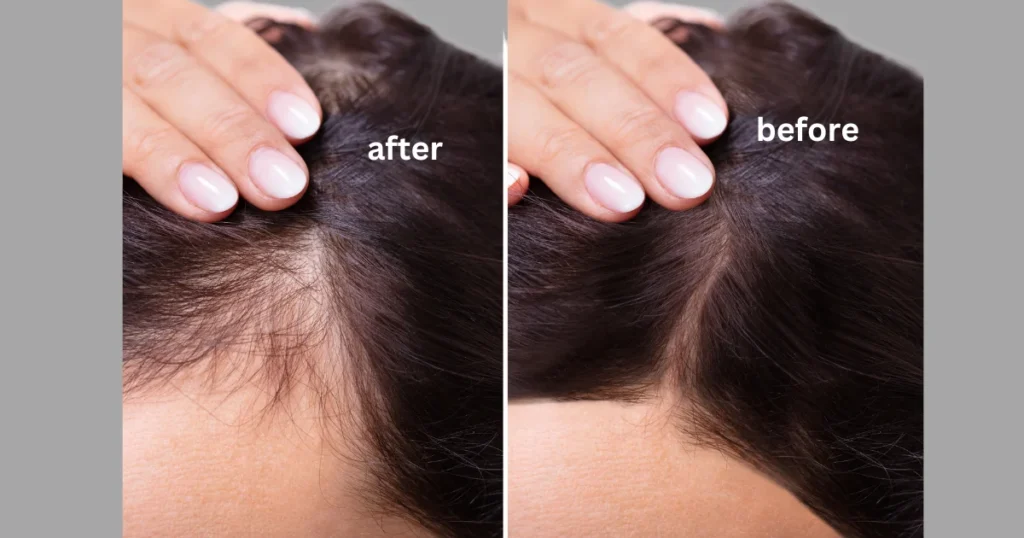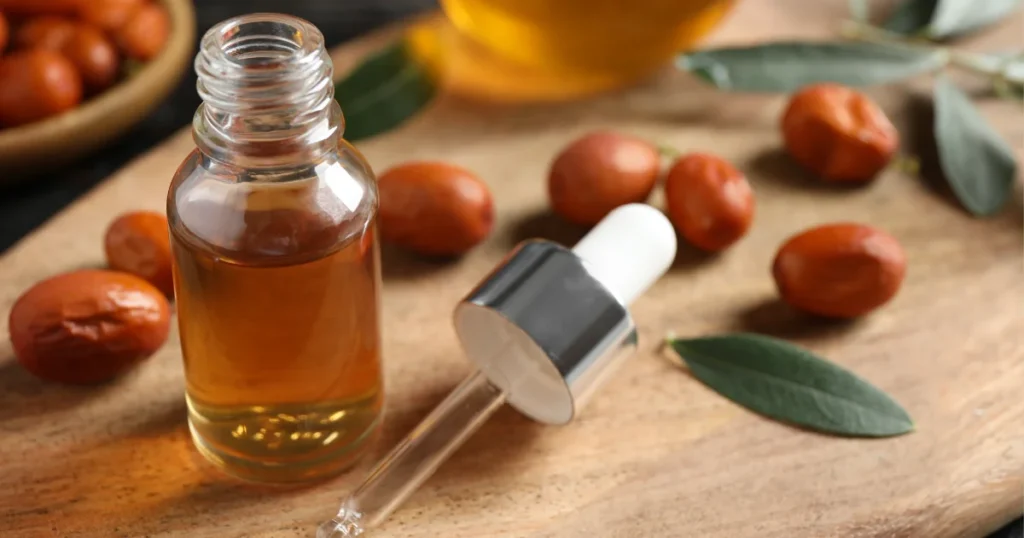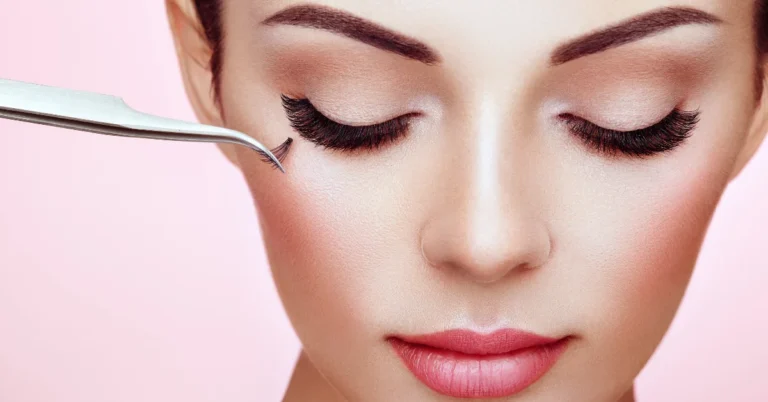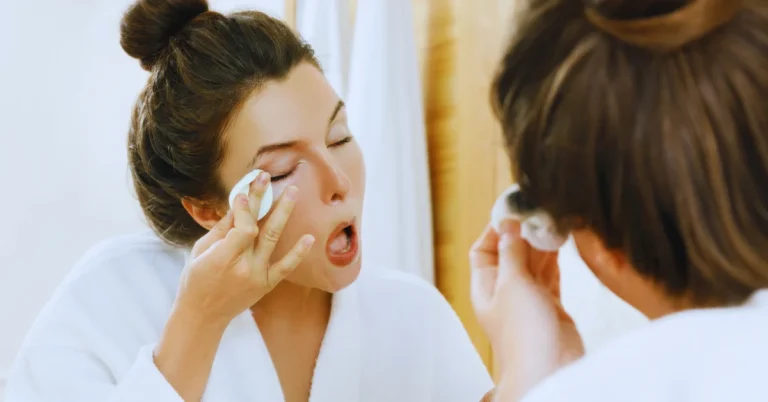Effective Natural Haircare Remedies for Frizzy Hair
Frizzy hair can be a daily struggle for many, leading to frustration and a lack of confidence in our locks. While there are countless products on the market promising smoothness, turning to natural remedies can often provide effective and long-lasting solutions. In this article, we delve into the world of effective natural haircare remedies for frizzy hair, exploring DIY treatments and holistic approaches to tame frizz and restore luscious locks.

Understanding Frizzy Hair:
Frizz occurs when the hair cuticle becomes raised, allowing moisture from the air to penetrate the hair shaft, causing it to swell and appear unruly.
Natural haircare remedies focus on addressing the root causes of frizz while nourishing and hydrating the hair for smoother, more manageable strands.
Causes of frizz hairs
1. Humidity:
One of the primary culprits behind frizz is humidity. When the air is humid, moisture in the atmosphere penetrates the hair shaft, causing it to swell. This swelling disrupts the hair’s natural pattern, leading to frizz and a lack of smoothness.
2. Porous Hair:
Porous hair, characterized by raised cuticles, is more susceptible to frizz. Hair porosity can be influenced by genetics, chemical treatments, and environmental factors. When the cuticle layer is raised, it allows moisture to enter the hair shaft more easily, leading to frizz and a rough texture. Explore our home remedies to cure dandruff naturally for healthier scalp care.
3. Heat Styling:
Excessive use of heat styling tools such as flat irons, curling wands, and blow dryers can damage the hair’s cuticle, making it prone to frizz. High temperatures can strip the hair of its natural moisture, leaving it dry, brittle, and susceptible to frizz. Additionally, heat styling can exacerbate existing damage, leading to further frizz and breakage.
4. Overwashing:
Washing your hair too frequently can strip it of its natural oils, leading to dryness and frizz. The scalp produces sebum, a natural oil that helps moisturize and protect the hair. Overwashing can disrupt the scalp’s oil production, resulting in dry, frizzy hair. It’s essential to strike a balance and wash your hair only when necessary, using gentle, sulfate-free shampoos.
5. Chemical Treatments:
Chemical treatments such as hair coloring, bleaching, and perming can damage the hair’s structure and lead to frizz. These treatments often involve harsh chemicals that strip the hair of its natural oils and weaken the cuticle layer. As a result, the hair becomes more prone to frizz, breakage, and dullness.

6. Rough Towel Drying:
Vigorously towel-drying your hair can cause friction and damage to the cuticle, leading to frizz and breakage. Instead of rubbing your hair with a towel, gently squeeze out excess water and wrap your hair in a soft, microfiber towel or an old t-shirt to absorb moisture without causing damage.
7. Environmental Factors:
Environmental factors such as pollution, UV radiation, and exposure to harsh weather conditions can contribute to frizz. Pollutants and UV rays can weaken the hair’s structure and deplete its moisture, while wind and dry air can cause static electricity, leading to frizz and flyaways.
signs of frizzy hair
- Lack of smoothness and rough texture
- Coarse, uneven appearance
- Dull and lackluster hair
- Strands standing out in different directions
- Increased frizz in humid conditions
- Difficulty managing and styling due to tangles and knots
- Excessive flyaways and stray hairs
- Hair feeling dry and brittle
- Difficulty maintaining hairstyles throughout the day
- Increased susceptibility to breakage and split ends
Recognizing these signs can help you identify frizzy hair and take appropriate steps to address the issue effectively.
DIY Hair Masks for Frizz:
1. Coconut Oil and Honey Mask:
Mix equal parts coconut oil and honey, then apply to damp hair. Leave on for 30 minutes before rinsing with lukewarm water. Coconut oil moisturizes the hair while honey seals in moisture and adds shine.
2. Avocado and Banana Mask:
Mash one ripe avocado with one ripe banana until smooth. Apply to hair, focusing on the ends, and leave on for 20-30 minutes before rinsing thoroughly. Avocado nourishes and hydrates the hair, while banana softens and smooths frizz.
3. Aloe Vera and Olive Oil Mask:
Mix two tablespoons of aloe vera gel with one tablespoon of olive oil. Apply to damp hair and leave on for 30 minutes before rinsing. Aloe vera soothes the scalp and reduces inflammation, while olive oil adds moisture and shine.
Home Remedies for Frizzy Hair:
1. Apple Cider Vinegar Rinse:
Dilute one part apple cider vinegar with three parts water and use as a final rinse after shampooing. Apple cider vinegar helps to balance the pH of the hair, smoothing the cuticle and reducing frizz.
2. Cold Water Rinse:
After conditioning, rinse hair with cold water to seal the hair cuticle and lock in moisture. This helps to prevent frizz and leaves hair looking smooth and shiny.
3. Silk Pillowcase:
Sleeping on a silk pillowcase reduces friction and static, helping to prevent frizz and breakage while you sleep. Silk also helps to retain moisture in the hair, resulting in smoother strands.
Natural Products for Frizz:
1. Argan Oil:
Rich in vitamins and fatty acids, argan oil is a lightweight, non-greasy oil that helps to tame frizz, hydrate the hair, and add shine. Apply a few drops to damp or dry hair, focusing on the ends.
2. Shea Butter:
Shea butter is a natural emollient that helps to moisturize and nourish dry, frizzy hair. Warm a small amount between your palms and apply to damp hair, focusing on the mid-lengths and ends.

3. Jojoba Oil:
Jojoba oil closely resembles the natural oils produced by the scalp, making it an excellent moisturizer for frizzy hair. Apply a few drops to damp hair before styling to smooth frizz and add softness and shine.
Seeking medical help for frizzy hair
Seeking medical help for persistent frizzy hair concerns is advisable in certain situations.
1. Persistent Lack of Improvement:
If natural remedies and lifestyle changes haven’t significantly improved frizz over time.
2. Additional Symptoms:
Noticeable scalp irritation, hair thinning, or sudden changes in hair texture accompanying frizz.
3. Consulting a Dermatologist or Trichologist:
Professionals specialized in hair and scalp health can assess underlying conditions contributing to frizz.
4. Identification of Underlying Conditions:
Conditions like scalp psoriasis, seborrheic dermatitis, or hormonal imbalances may exacerbate frizz.
5. Allergies or Sensitivities:
A history of allergies or sensitivities to hair care products may require professional guidance to identify triggers and suitable alternatives.
6. Prompt Attention:
Don’t hesitate to seek medical advice if concerned about persistent frizzy hair or if experiencing unusual symptoms warranting professional attention.






